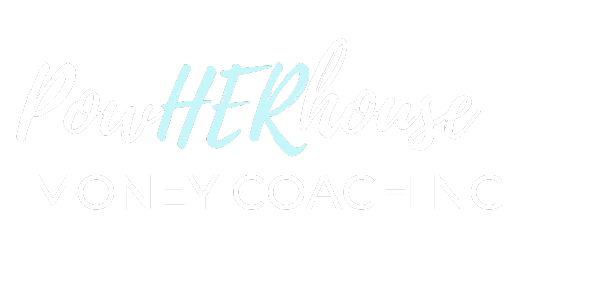Is this you?
You’re a couple years into owning your own business. You’re starting to gain traction and scaling, and your finances are becoming more and more complex.
You need a better handle on your cash flow, but how? You have one checking account for the business and money seems to fly in and out without you having a clear understanding of where it’s all going.
One tip to simplify your understanding of your business cash flow is opening 4 different bank accounts that support four different areas of your business.
What are these 4 different accounts? Read on to find out!
Operations
Having a separate bank account for your business operations is a great way to keep your finances organized and easy to track. This will help you keep track of how much money you’re making and spending each month. It will also make it easier to budget for your business expenses.
Think of this account as all transactions in and out. There shouldn’t be much money sitting in here other than about a month of overhead/expenses buffer. It is also important to keep less cash in an operating account if this is the account you’re writing checks out of, or have ACH transfers attached for payment or payees you are leaving yourself less exposed in the case of fraudulent activity.
When possible try to always use a business credit card vs. a debit card for the same consumer protection reasons.
Business operations can include a variety of different expenses. For example, you may need to pay for:
- Office supplies
- Shipping and mailing costs
- Employee salaries/payroll*
- Advertising and marketing expenses
- Business licenses and permits
- Website hosting fees
- Business overhead (rent, utilities, etc.)
*Some accountants may recommend that you have a separate account just for payroll instead of including it in your operations account. Since payroll is likely to be your business’s biggest expense, having a separate account just for payroll and payroll taxes may be a smart idea. Be sure to discuss your unique situation with your accountant to determine the best course of action.
Savings for Business Reserves & Future Purchases
A savings account is a great way to keep your money safe and accessible when you need it. This is also helpful so that funds needed for future expenses don’t get accidentally spent! Here we encourage about 3-6 months of your fixed monthly business expenses, depending on seasonality and reoccurring cashflow of your business and personal risk tolerance.
With this bucket, you can also save for short-term goals, like buying new equipment or expanding your business. Secondly, it can give you a buffer against unexpected expenses.
Savings for Business Taxes
It’s important to have a separate account for your tax savings. This way it’s automatically set aside so that when its time to pay quarterly (or however you set that up with your accountant) it’s not a massive surprise or cashflow crunch! Be sure to talk to a CPA about how much to set aside for state and federal taxes (i.e. 30%)
If you’re a retail business and collect sales tax, we so recommend using an account specifically for that too!
Owner’s Comp
Yes, you are important! Making sure you pay yourself first is critical if you want to be sustainable and remain IN your business!
Not paying yourself, putting yourself last or always reinvesting everything back into the company does not make for a stronger business and can turn into a downward spiral of not looking at the right numbers and metrics. It’s important to focus on a business model that can sustain itself and you!
If you’re someone trying to leave your full time job you can use the owners comp account as your ‘salary replacement savings’ and then once it gets to a point where you can quit, you can then pay yourself from that as you ramp up the company at full time capacity!
You can fund this on percentage of revenue: the more your business grows, the more you can afford. This also makes sure money is not spent before you take it home!
Need help streamlining your business’ finances and processes?
Business coaching can help you streamline, scale, and fall back in love with your business! Check out our Events page to catch our next Level Up event, or book your discovery call here to learn more.






